Kidney stones can be a painful and difficult experience for the many men and women who get them. These stones are hard deposits of minerals that build up in the body and cause blockages in the urinary tract. The blockages can make it very painful and difficult to urinate. In addition to difficulty urinating, the stones can cause nausea as well as pain in the groin and abdomen. Luckily, there are many ways that urologists can help speed up the process.
 Finding the best way to help a patient to pass a kidney stone depends on several factors. Not all patients are the same, and the size and difficulty of their kidney stones vary as well. If the stones are smaller than 5 millimeters, the urologist will want the patient to try and pass them naturally. This is the least invasive way to pass kidney stones, although it may not always be possible. Drinking lots of liquids for frequent urination is the key for this method. Urologists may also recommend movement like bicycling and jumping jacks to help dislodge the stones naturally.
Finding the best way to help a patient to pass a kidney stone depends on several factors. Not all patients are the same, and the size and difficulty of their kidney stones vary as well. If the stones are smaller than 5 millimeters, the urologist will want the patient to try and pass them naturally. This is the least invasive way to pass kidney stones, although it may not always be possible. Drinking lots of liquids for frequent urination is the key for this method. Urologists may also recommend movement like bicycling and jumping jacks to help dislodge the stones naturally.
If passing naturally is not an option, then medication may be the next step. Urologists will use some of the same medications that are used to treat an enlarged prostate. Medication like Flomax helps relieve pressure on the urinary tract by relaxing the muscles in the prostate. This allows for easier urine flow and can help the patient pass the stones.
Another treatment option that makes passing stones easier is called shock wave lithotripsy. This treatment uses a machine pressed up against the patient’s body that targets water waves directly at the kidney stones. With as many as 2,500 waves per treatment, these waves break the kidney stones into small, sand-like particles. The sandy remnant is then easily passed during urination.
In some cases, a more invasive treatment may be needed to remove the stones from the body. A surgeon may use a scope fitted with a medical laser to enter the patient’s urinary tract through the penis. They can then use the laser to break the stones up into smaller fragments for easier passing. This method is sure to help pass the stones, but a urologist may prefer to try more natural methods first.
There is no single method to passing kidney stones. What matters most is making the process as fast, safe and pain-free as possible. For more information about kidney stones, visit the Advance Urology Institute website.



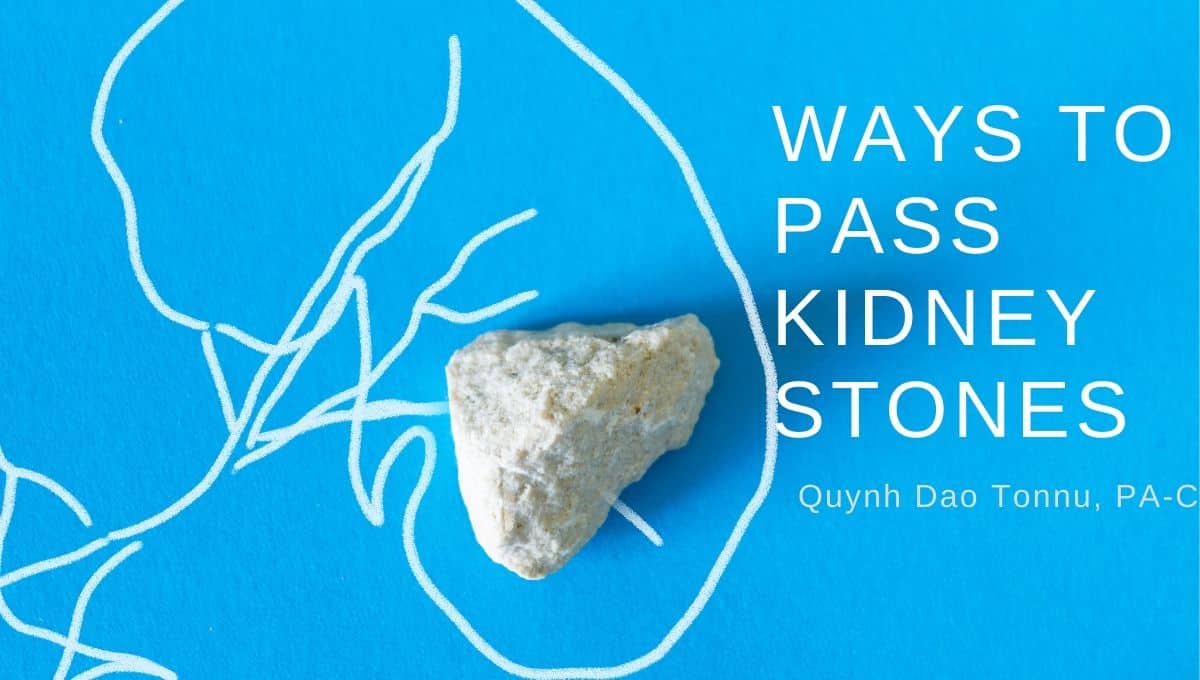
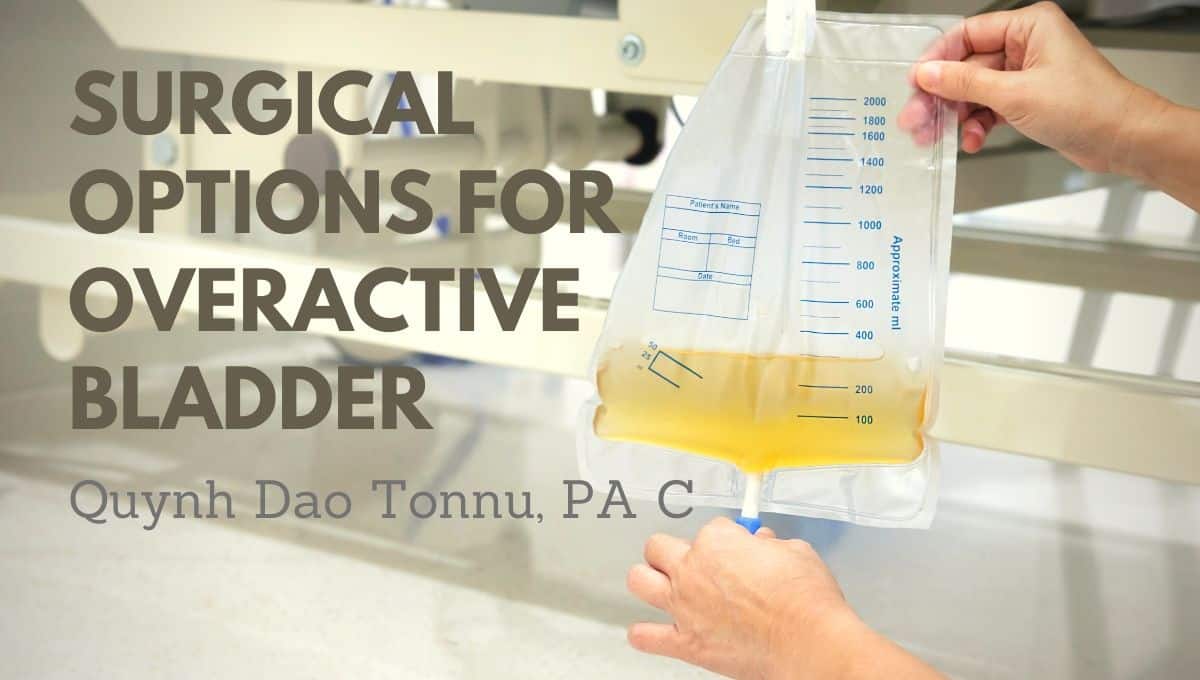
 However, for some people, these methods are not enough to ensure they can live a healthy, fulfilling life. In these situations, surgical intervention is an option to correct overactive bladder problems.
However, for some people, these methods are not enough to ensure they can live a healthy, fulfilling life. In these situations, surgical intervention is an option to correct overactive bladder problems.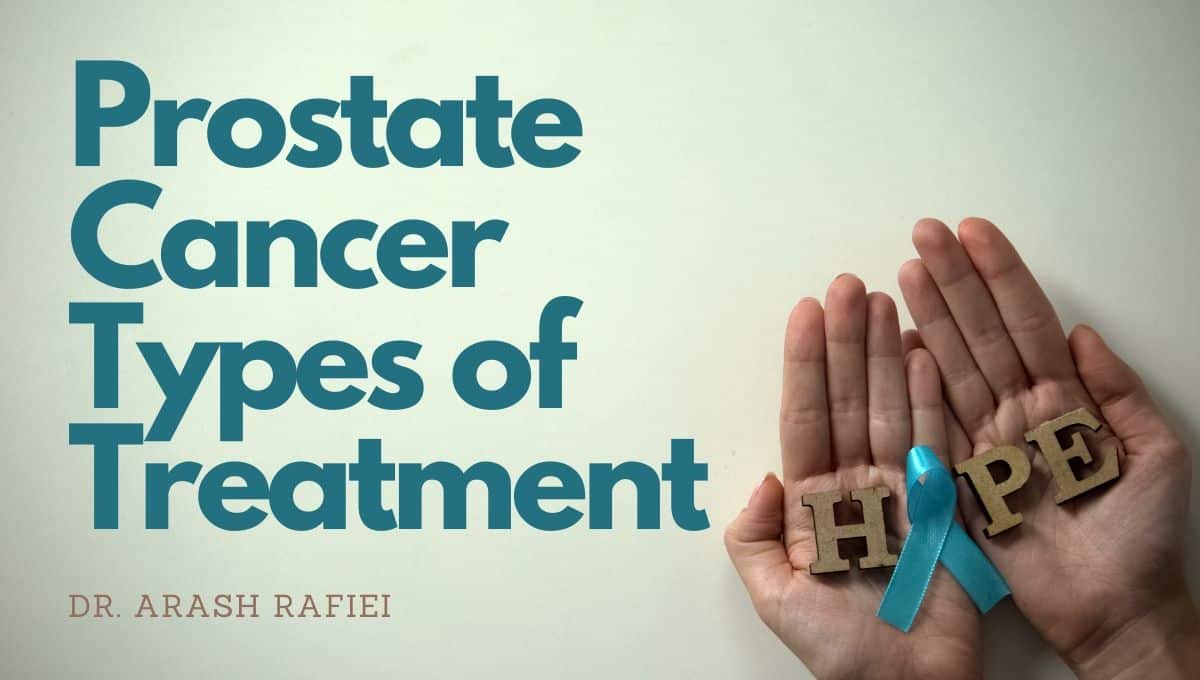
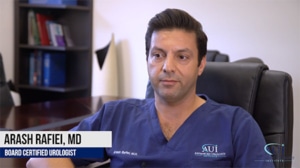 Urologists will consider their patient’s health, age, and the type cancer when deciding how to proceed. For some cases, the best treatment is none at all. When a patient has
Urologists will consider their patient’s health, age, and the type cancer when deciding how to proceed. For some cases, the best treatment is none at all. When a patient has 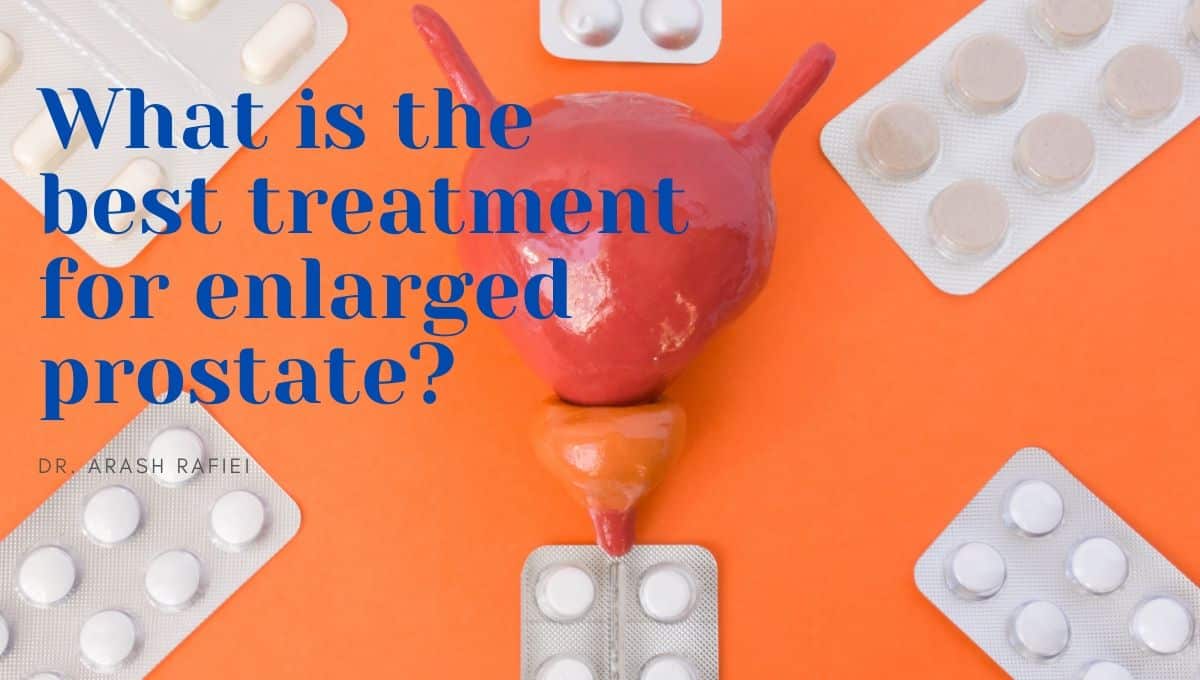
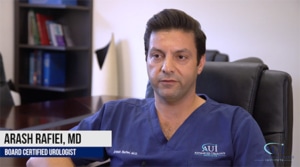 For most men, the symptoms of an enlarging prostate include the slowing of their urine stream, pushing to urinate, and having to go to the bathroom frequently. Many men also have the feeling of not fully emptying their bladder after urination. In many cases, men will find that they need to wake up multiple times in the night to go to the bathroom.
For most men, the symptoms of an enlarging prostate include the slowing of their urine stream, pushing to urinate, and having to go to the bathroom frequently. Many men also have the feeling of not fully emptying their bladder after urination. In many cases, men will find that they need to wake up multiple times in the night to go to the bathroom.
 For urologists like
For urologists like 
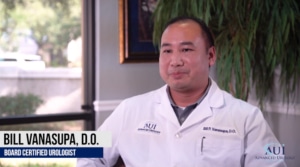 A urologist is a doctor who specializes in the urinary tract and male reproductive system. They are the doctor a patient will most likely to go to about his ED. Urologists see countless cases of ED on a regular basis, and to them it is not a major issue at all. However, good urologists understand that ED can be an embarrassing issue for their patients and they immediately begin their visits by creating a comfortable environment where doctor and patient feel at ease discussing it.
A urologist is a doctor who specializes in the urinary tract and male reproductive system. They are the doctor a patient will most likely to go to about his ED. Urologists see countless cases of ED on a regular basis, and to them it is not a major issue at all. However, good urologists understand that ED can be an embarrassing issue for their patients and they immediately begin their visits by creating a comfortable environment where doctor and patient feel at ease discussing it.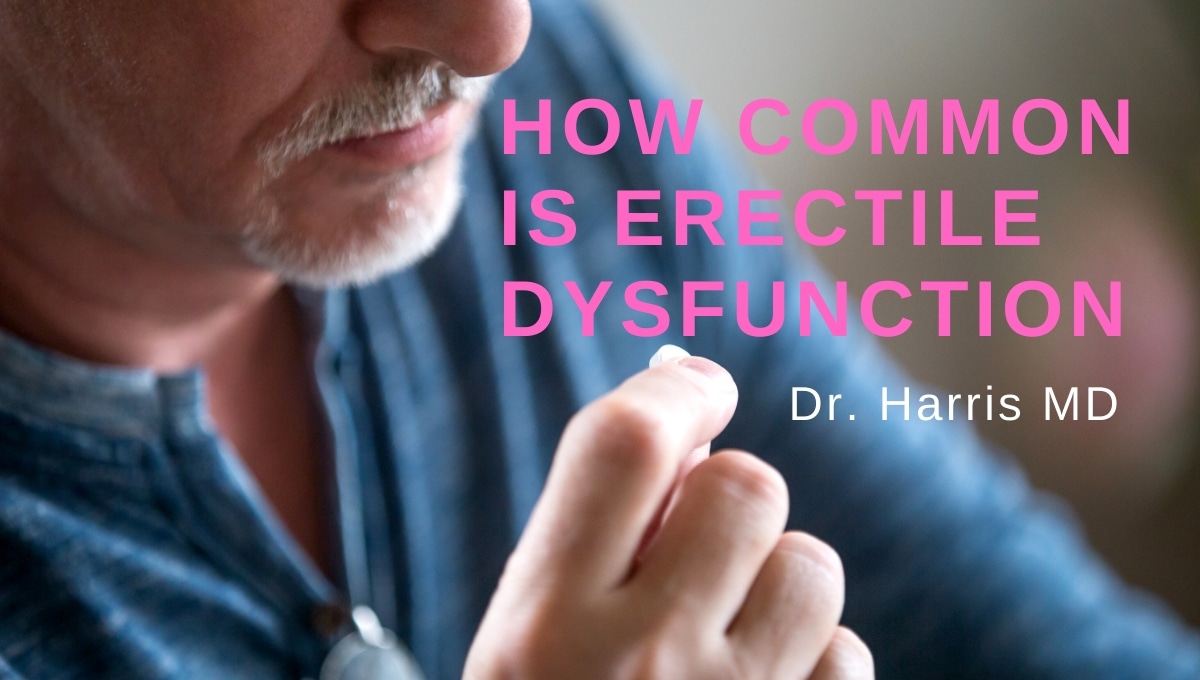
 The primary
The primary 
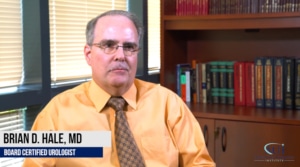 One cutting-edge and noninvasive method for treating kidney stones is called
One cutting-edge and noninvasive method for treating kidney stones is called 
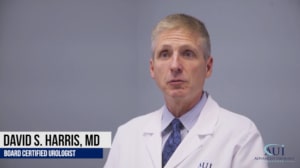 Although anyone can develop stones, there are certain factors that can indicate who gets them and how they occur. As urologist
Although anyone can develop stones, there are certain factors that can indicate who gets them and how they occur. As urologist 
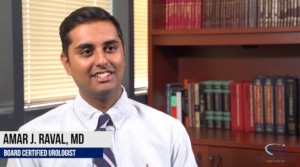 There are numerous
There are numerous 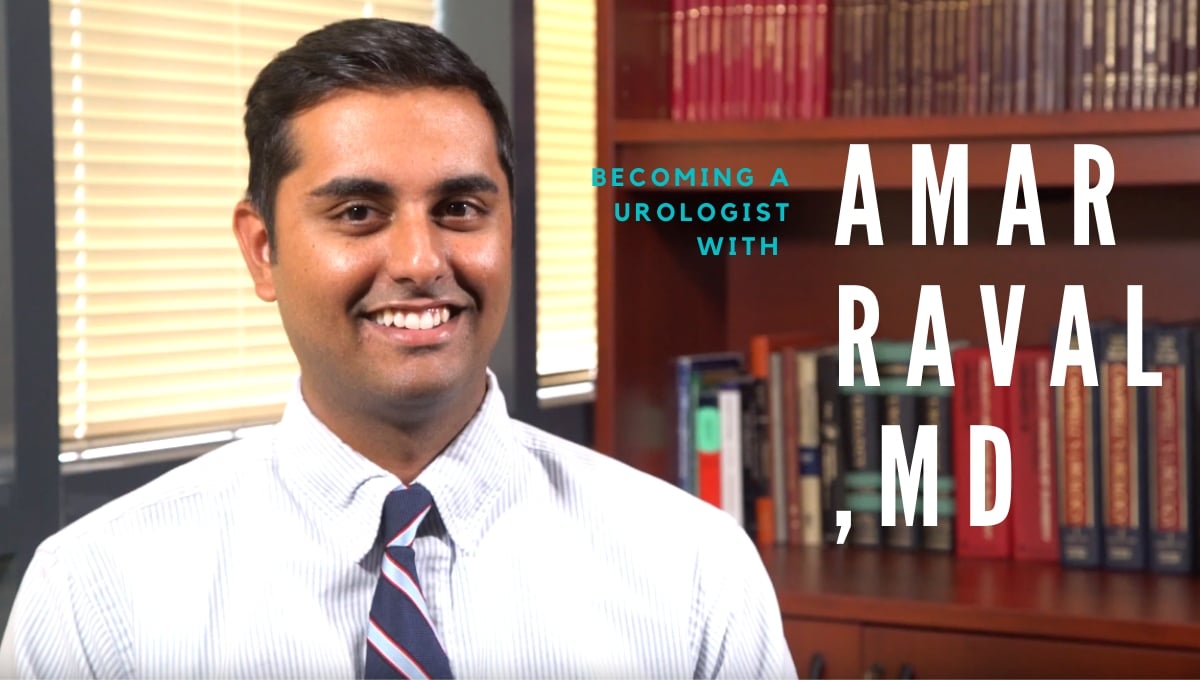
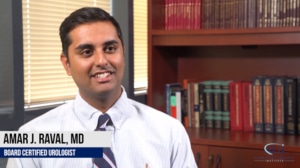 One common problem is kidney stone disease. Kidney stones form for a variety of different reasons. They are particularly common in warm climates, like Florida. Symptoms can vary, but they include severe abdominal pain, nausea, fever, chills, difficulty urinating or
One common problem is kidney stone disease. Kidney stones form for a variety of different reasons. They are particularly common in warm climates, like Florida. Symptoms can vary, but they include severe abdominal pain, nausea, fever, chills, difficulty urinating or 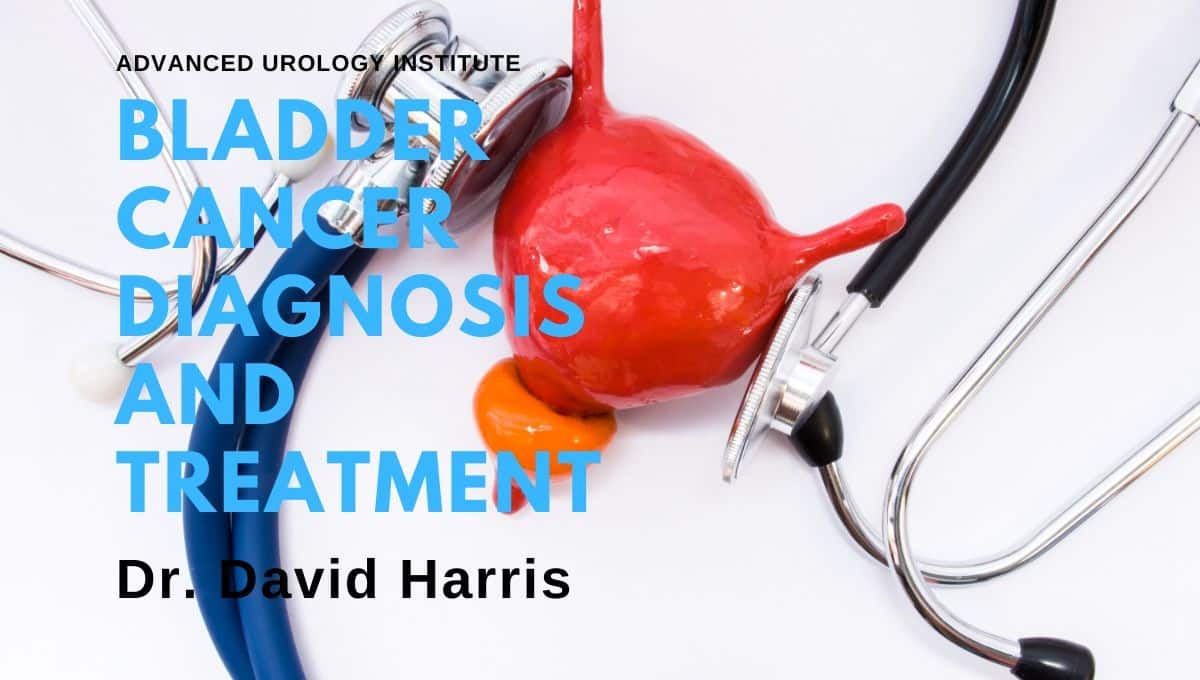


 There are pros and cons to PSA screening for prostate cancer. PSA tests can show increases in proteins when cancerous tissue is not actually present. This is called a false positive and can cause a great deal of stress for the patient and lead to more invasive tests that may not be necessary. For these reasons, among others, PSA tests were not recommended to patients for a period of time.
There are pros and cons to PSA screening for prostate cancer. PSA tests can show increases in proteins when cancerous tissue is not actually present. This is called a false positive and can cause a great deal of stress for the patient and lead to more invasive tests that may not be necessary. For these reasons, among others, PSA tests were not recommended to patients for a period of time.
 Physician assistants
Physician assistants
 Bladder control problems can vary, from occasional urine leakage that happens when you cough or sneeze, to having sudden urges to urinate so strong you do not make it to the toilet in time. There are several basic
Bladder control problems can vary, from occasional urine leakage that happens when you cough or sneeze, to having sudden urges to urinate so strong you do not make it to the toilet in time. There are several basic